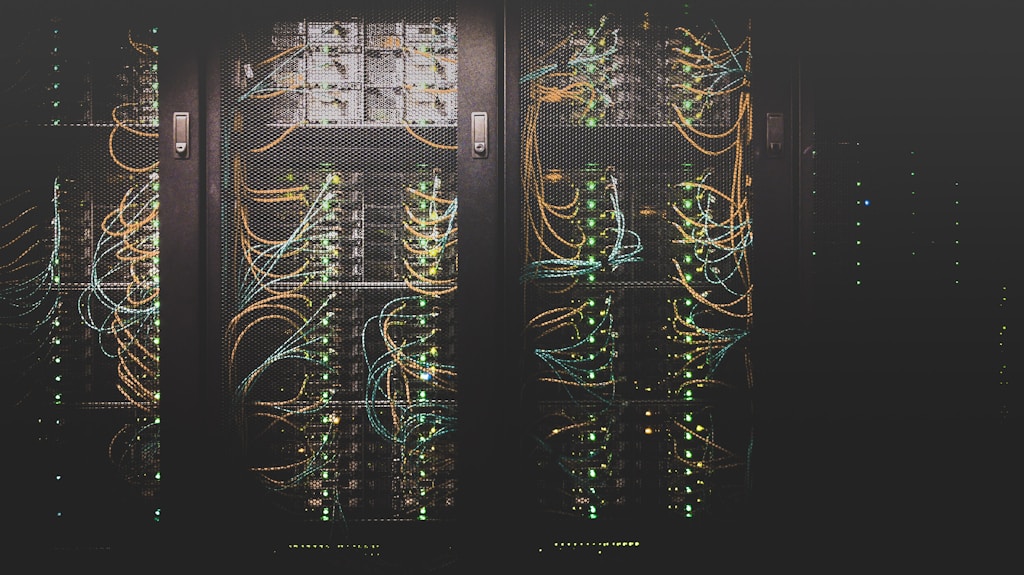In a significant development for cryptocurrency privacy and regulation, the Department of Justice (DOJ) has confirmed that Tornado Cash developer Roman Storm will face trial, marking a crucial moment in the ongoing debate over crypto mixer services and financial privacy. This announcement comes amid evolving regulatory perspectives on cryptocurrency mixing services.
Key Developments in the Tornado Cash Case
The DOJ’s decision to proceed with the trial follows an internal memo that suggested a potential shift in the agency’s approach to cryptocurrency mixing services. This case has drawn significant attention from the crypto community, particularly as it connects to broader regulatory efforts targeting crypto-related money laundering.
Implications for Privacy Tools in Cryptocurrency
The trial represents a critical juncture for privacy-focused cryptocurrency tools and their developers. Tornado Cash, which operates as a mixing service for Ethereum transactions, has been at the center of regulatory scrutiny since its OFAC sanctions in 2022.
SPONSORED
Trade with confidence using advanced security features and multi-collateral support
FAQ Section
What is Tornado Cash?
Tornado Cash is a cryptocurrency mixing service that enables private transactions on the Ethereum blockchain by breaking the on-chain link between source and destination addresses.
What are the potential implications of this trial?
The trial could set important precedents for developer liability and the legal status of privacy-focused cryptocurrency tools.
How does this relate to recent regulatory actions?
This case aligns with broader regulatory efforts to combat cryptocurrency-based money laundering while potentially establishing new frameworks for privacy tool development.
Looking Ahead
The outcome of this trial could have far-reaching implications for the future of cryptocurrency privacy tools and developer liability in the blockchain space. As the regulatory landscape continues to evolve, this case may set important precedents for how privacy-focused cryptocurrency services are treated under law.







